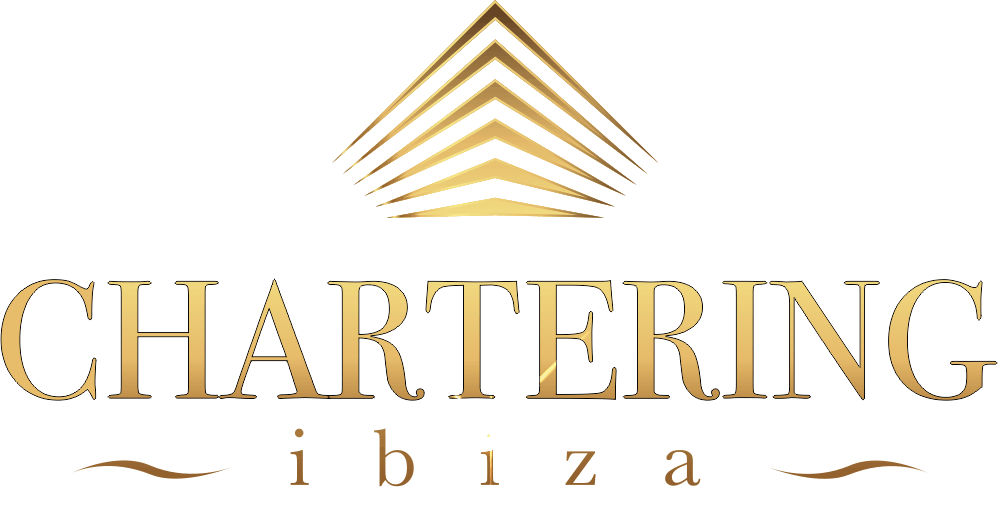“Smith & Howard” is the brand name under which Smith & Howard PC and Smith & Howard Advisory LLC provide professional services. Smith & Howard PC and Smith & Howard Advisory LLC, practice as an alternative practice structure in https://nerdbot.com/2025/06/10/the-key-benefits-of-accounting-services-for-nonprofit-organizations/ accordance with the AICPA Code of Professional Conduct and applicable law, regulations and professional standards. Smith & Howard Advisory, LLC and its subsidiary entities are not licensed CPA firms. The entities falling under the Smith & Howard brand are independently owned and are not liable for the services provided by any other entity providing services under the Smith & Howard brand. Our use of the terms “our firm” and “we” and “us” and terms of similar import, denote the alternative practice structure conducted by Smith & Howard PC and Smith & Howard Advisory LLC.
- IRS Exempt Organizations department maintains an active compliance check program.
- Those questions can be instrumental in the success of your provider selection.
- A thorough RFP allows nonprofits to clearly define the scope of their needs and outline the challenges they face.
- Now that we’ve established the basics of nonprofit audits and the main types of audits that can be performed, it’s time to explore some deeper insights into these all-important processes.
Do all nonprofits need to have an audit?
Below, we’ve outlined 10 tips for nonprofits to follow as they create and distribute their RFP. To find the status click on “Grants” on the navigation bar then select “Constituents” from the drop-down menu and lastly, open any constituent record to find their charity status and what other labels they may have. Examples of such evaluations requiring this level of transparency are Candid’s (formerly Guidestar) Gold Seal of Transparency, Charity Navigator, Charity Watch, and ECFA. One example of a weakness would be a lack of segregation of duties for bill payments if one person receives the bill, enters the bill for payment, and approves the payment. There is a lack of segregation in those duties and a recommendation to improve this would be reported. Take our 2-minute survey to find out if outsourced accounting and bookkeeping is a good fit for your organization.
Inflation is hitting nonprofits hard: Here’s what you need to know
In many cases, the most time-consuming part of the audit process is choosing an auditor. Your audit report will be most helpful to your nonprofit if you select an auditing firm with a strong track record that aligns with your needs and budget. Now that we’ve established the basics of nonprofit audits and the main types of audits that can be performed, it’s time to explore some deeper insights into these all-important processes. A financial audit establishes whether an organization’s financial records are up-to-date and accurate. It is usually performed as an external, independent audit by a third party, such as a CPA or a public accounting firm.
What role does accounting software play in preparing for nonprofit audits?
- And finally, RFPs are integral to finding an accounting firm that meets all your needs while providing a team you enjoy working with and in many cases, value beyond compliance.
- Some RFPs ask audit firms to disclose information on the biggest client(s) they’ve lost in recent years.
- While one-off single audits are a great start, get on a regular cadence with annual audits.
- The time required to complete an audit also depends on the availability of key personnel, the quality of the organization’s accounting records, and the extent to which the organization’s internal controls are effective.
- These provisions fall under the Solicitations for Charity Act passed by the Illinois state legislature.
- Get our FREE guide to nonprofit financial reports, featuring illustrations, annotations, and insights to help you better understand your organization’s finances.
- Non-profit organizations often face limited resources, which can constrain their ability to implement comprehensive audit processes.
While this can level the playing field by ensuring each firm has the same information, it is important to note which firm asks which questions. The depth of their interest in your organization into and beyond the financial statements can reveal a deeper level of interest and understanding of your needs and expectations. Sometimes, organizations have a process wherein every proposing firm is required to submit questions to a single contact at the organization. The contact gathers and answers all questions and provides cumulative questions and answers to every firm.
- Finally, nonprofits that understand the benefits of audits will include this requirement in their organization’s bylaws, making this mandatory each year.
- Holding back information or not being responsive may delay your audit or cost you more money.
- In the past, you may have seen the terms “reportable condition” and “material weakness” in your audit reports.
- In this guide, our nonprofit team provides insights on writing an effective nonprofit RFP.
- Conducting regular nonprofit audits, particularly financial ones, can help.
- Figuring out if your organization is mandated to obtain an annual audit is an important step in your overall compliance with the guidelines and regulations for nonprofits.
- This involves an on-site visit by an IRS agent to discover where and how financial information is maintained.
One of our Classy experts will reach out to schedule a hands-on walk-through of the platform and demonstrate how our industry-leading solution can help your nonprofit reach its goals. Classy’s comprehensive fundraising platform offers unified giving tools that help optimize the donation process. In fact, 95% of Classy’s customers choose our platform year after year for the highest-quality solutions. Learn which companies donate raffle prizes for nonprofits and how to get started asking for their support. Tools beyond the usual financial and legal software can be invaluable at this juncture.
As a result, your organization will become more efficient and financially healthy, empowering you to invest more in your mission. The IRS has a robust referral program for exempt organizations that allows referrals from individuals, groups, other government agencies, and more. When the IRS receives a referral, the agency reviews the relevant information and then decides as to whether an audit is warranted. While most people may consider a referral “whistleblowing,” many referrals to the IRS come from state agencies coordinating information with the IRS.
Nonprofit Technology Impact Report
Thirty-nine states (plus the District of Columbia) require charitable nonprofits to register with the state in order to fundraise in that state. Consequently, the laws that require a charitable nonprofit to submit audited financial statements also vary state-by-state. Nonprofit financial audits are performed by outside public accounting firms to verify that nonprofits comply with federal tax laws and regulations. The IRS and the nonprofit’s board of directors also use financial audits to ensure that nonprofits are in compliance with all laws, regulations and their governing documents.
The independent auditor is a professional CPA unrelated to the agency and is compensated by the audited firm. The audit is free of consultation with the IRS and devoted solely to evaluating internal controls and documentary accuracy. In the end, this accountant submits an audit report that details the investigative findings such as areas of strength, improvement, weakness, and danger. In brief, the IRS wants to confirm that the foundation, charity, or other nonprofit concern is following the prescribed rules of reporting and fulfilling The Key Benefits of Accounting Services for Nonprofit Organizations the purpose upon which its tax exemption is based. As with audits, the appropriate company officer will receive a written heads-up that a compliance check is coming.
Preparation involves maintaining accurate and organized financial records, implementing strong internal controls, conducting regular internal reviews, and ensuring all documentation is readily available. Using accounting software tailored for nonprofits can also streamline the process. An independent audit reviews financial statements, including your nonprofit’s statement of financial position, related statement of activities, cash flows and notes to the financial statements.

